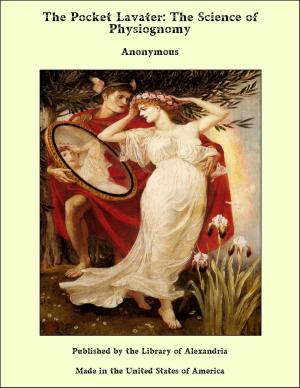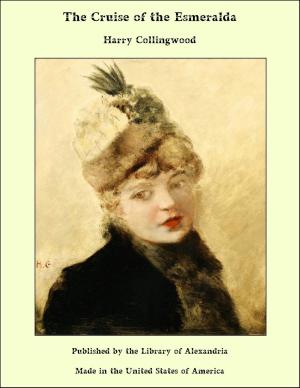| Author: | Lewis Clinton Strang | ISBN: | 9781465589446 |
| Publisher: | Library of Alexandria | Publication: | March 8, 2015 |
| Imprint: | Language: | English |
| Author: | Lewis Clinton Strang |
| ISBN: | 9781465589446 |
| Publisher: | Library of Alexandria |
| Publication: | March 8, 2015 |
| Imprint: | |
| Language: | English |
The musical stage in the United States may be said to be a birthright rather than a profession. A critical examination of the conditions quickly shows one that the number of women at present prominent in light opera and kindred forms of entertainment, who have earned their positions by continued endeavor and logical development in their art, is comparatively small. The majority are, in fact, the happy victims of personality, who have been rushed into fame chiefly by chance and a fortunate combination of circumstances. They are without the requisite training, either in the art of singing or in the art of impersonation, that would entitle them to be seriously considered as great vocalists or as great actors. They are, however, past mistresses in the one essential for their profession,—the art of entertaining. The readiest proof of this peculiar state of affairs is the almost universal brevity of the careers of the women just now in the ascendancy in the musical drama. Ten years of professional life is more than many of them can claim. Arising suddenly into conspicuous popularity as they have, their reputations are founded, not on the sure basis of careful preparation and long and diversified experience, but on the uncertain qualities of personal magnetism and physical beauty. They shine with a glory that is perhaps deceptive in its brilliancy; they are the sought for by many managers, the beloved of a faddish public, and the much exploited of the newspaper press.
The musical stage in the United States may be said to be a birthright rather than a profession. A critical examination of the conditions quickly shows one that the number of women at present prominent in light opera and kindred forms of entertainment, who have earned their positions by continued endeavor and logical development in their art, is comparatively small. The majority are, in fact, the happy victims of personality, who have been rushed into fame chiefly by chance and a fortunate combination of circumstances. They are without the requisite training, either in the art of singing or in the art of impersonation, that would entitle them to be seriously considered as great vocalists or as great actors. They are, however, past mistresses in the one essential for their profession,—the art of entertaining. The readiest proof of this peculiar state of affairs is the almost universal brevity of the careers of the women just now in the ascendancy in the musical drama. Ten years of professional life is more than many of them can claim. Arising suddenly into conspicuous popularity as they have, their reputations are founded, not on the sure basis of careful preparation and long and diversified experience, but on the uncertain qualities of personal magnetism and physical beauty. They shine with a glory that is perhaps deceptive in its brilliancy; they are the sought for by many managers, the beloved of a faddish public, and the much exploited of the newspaper press.















